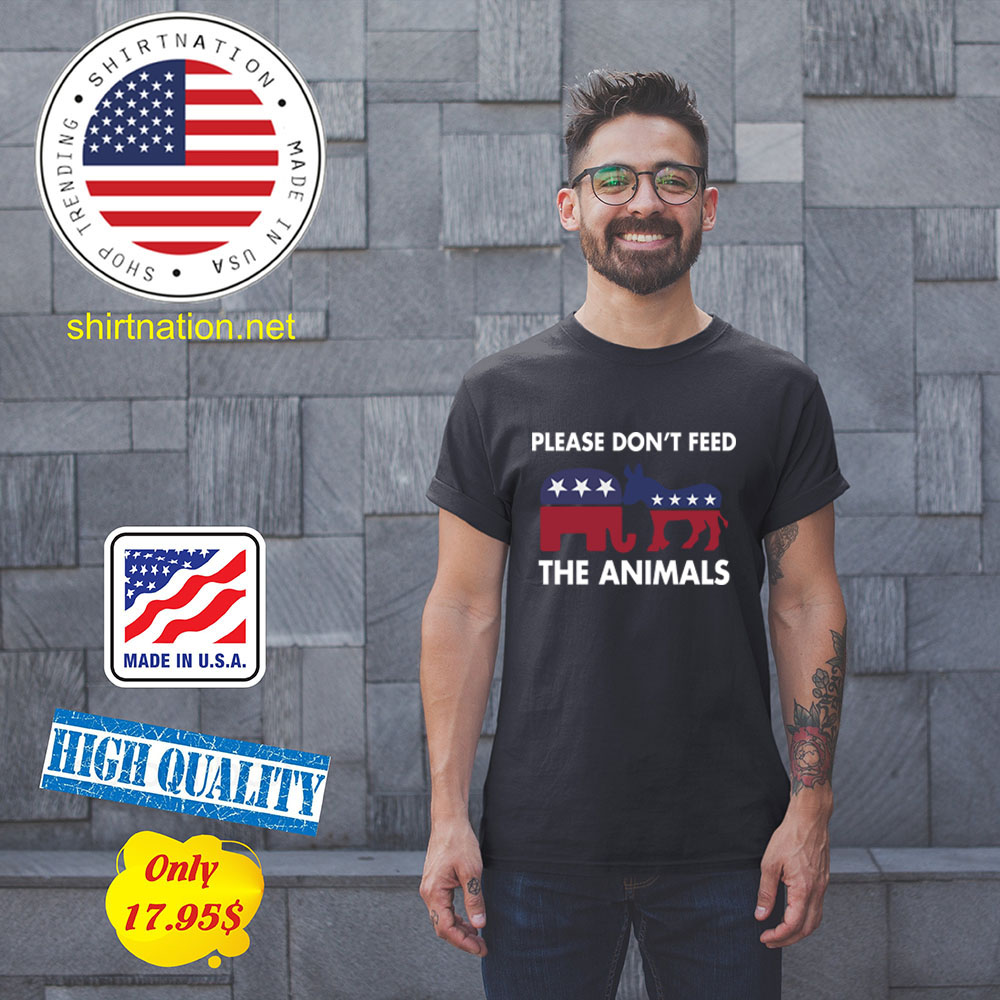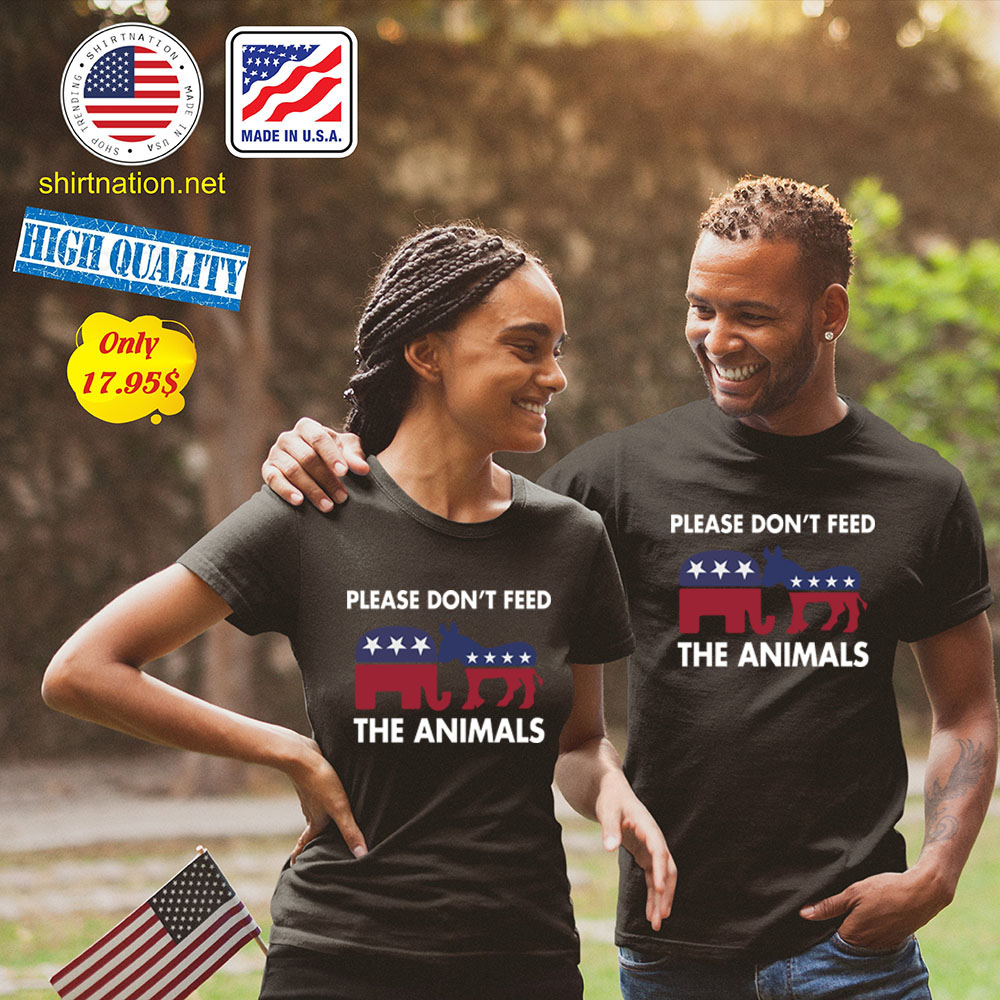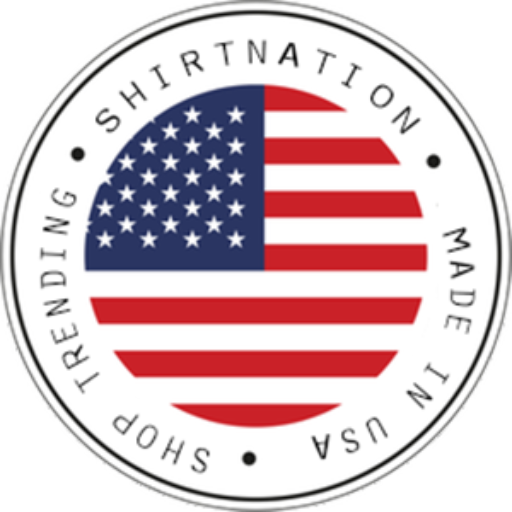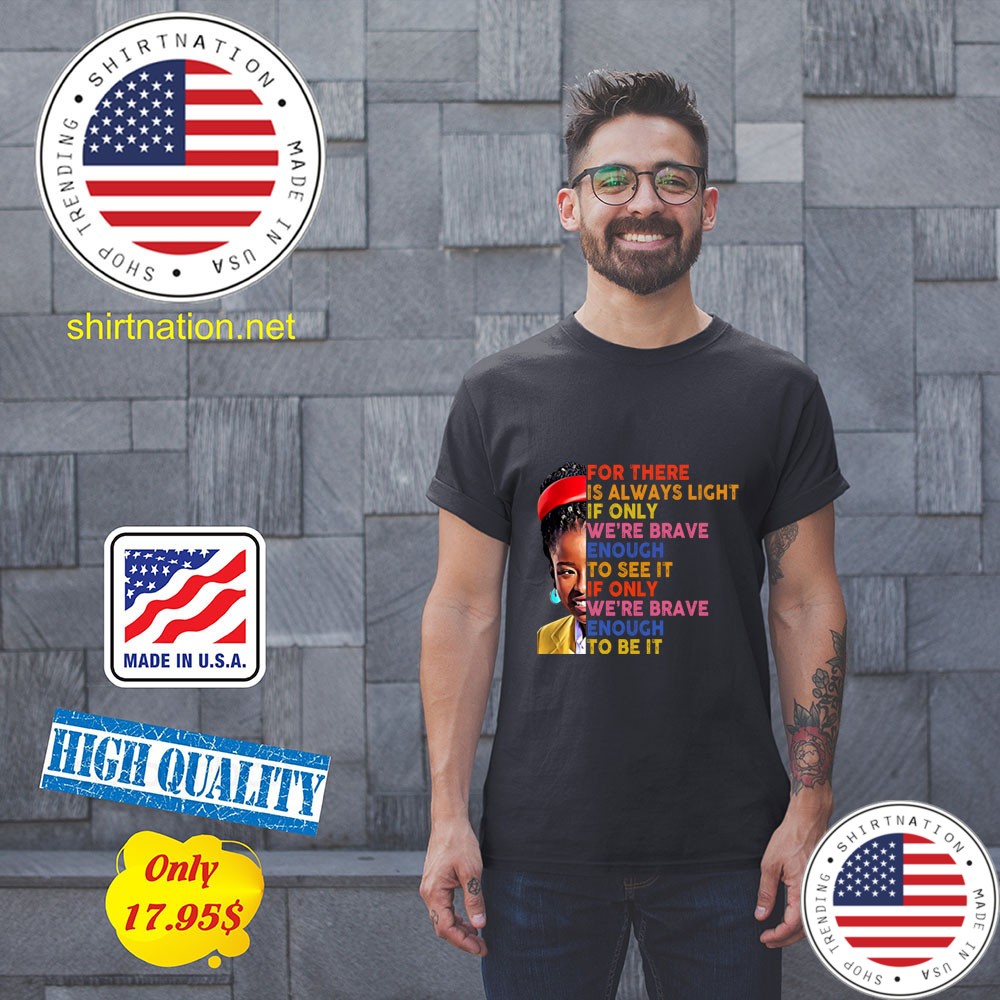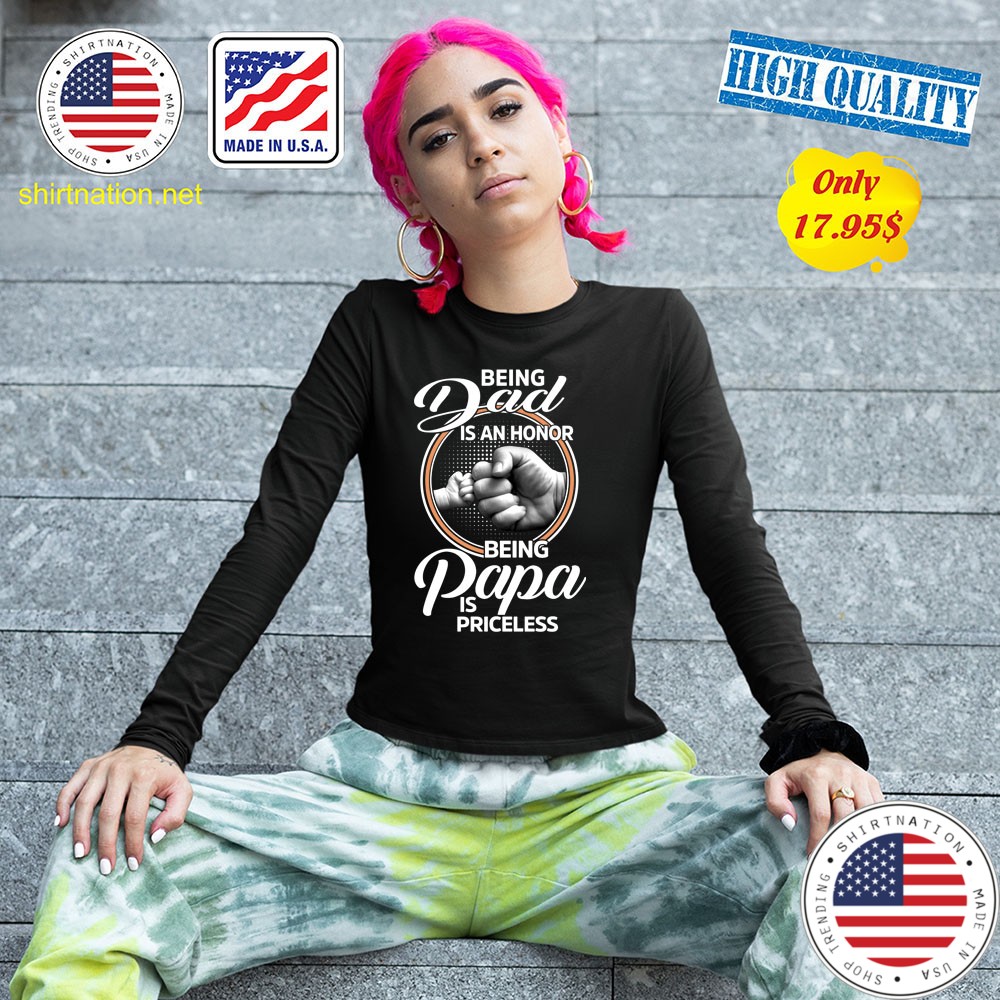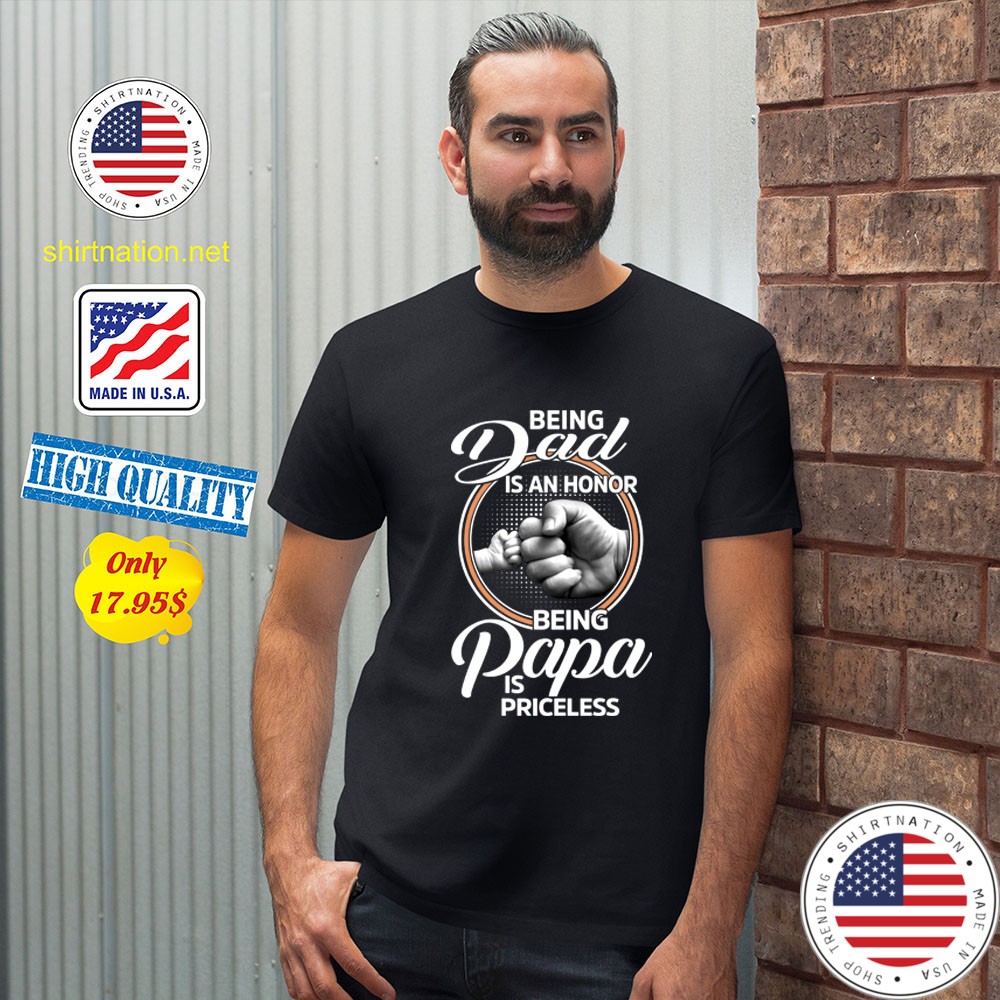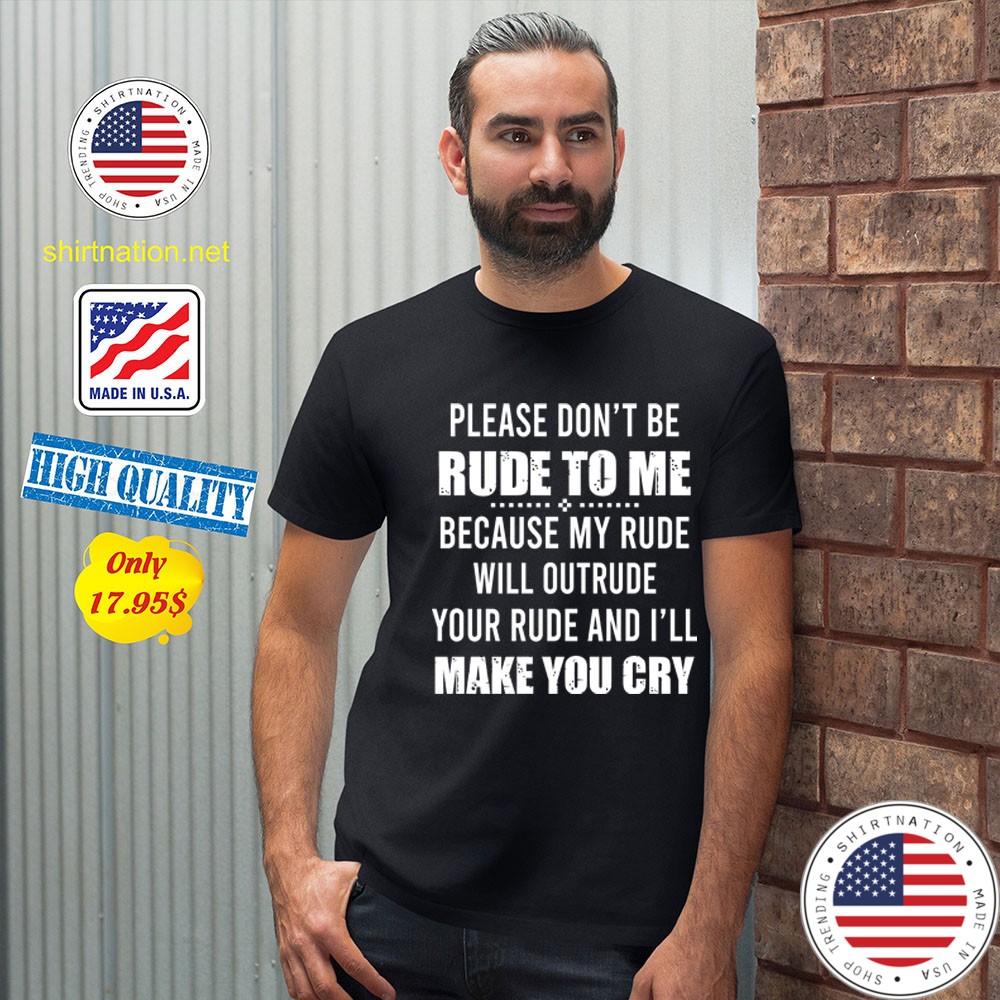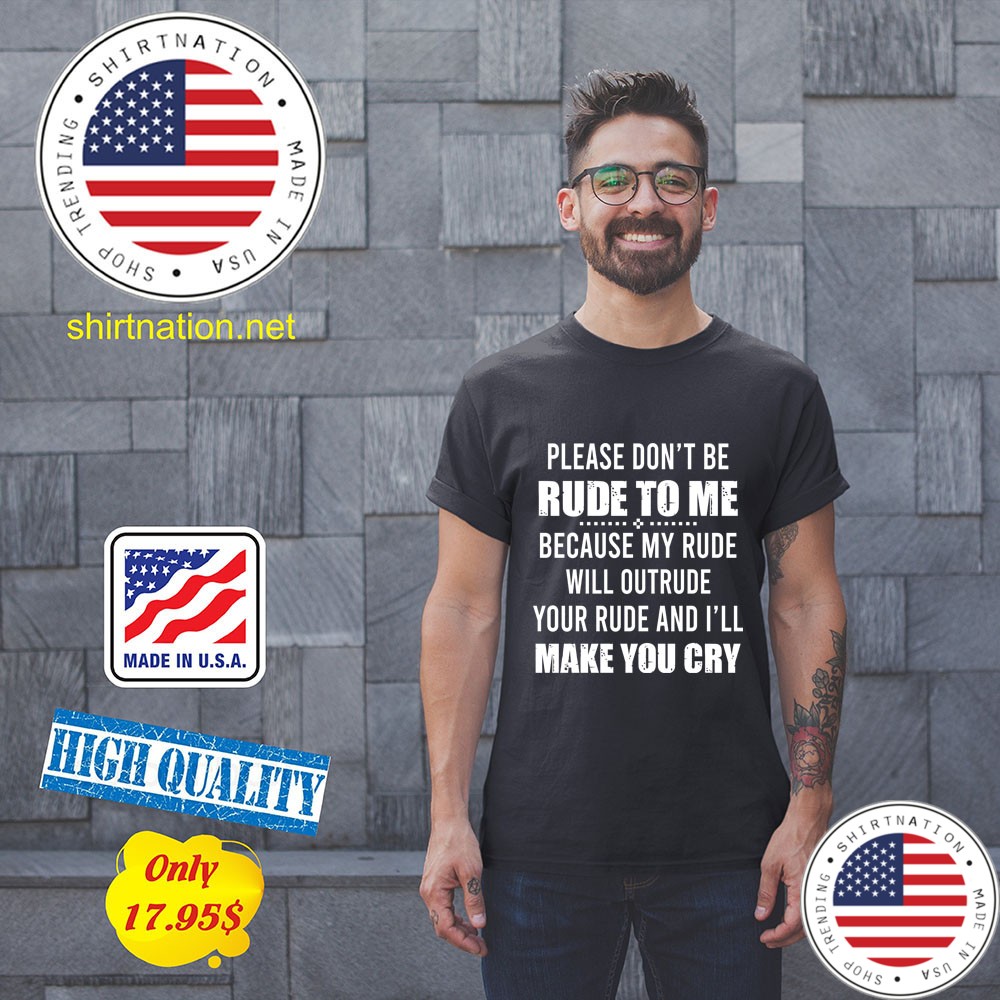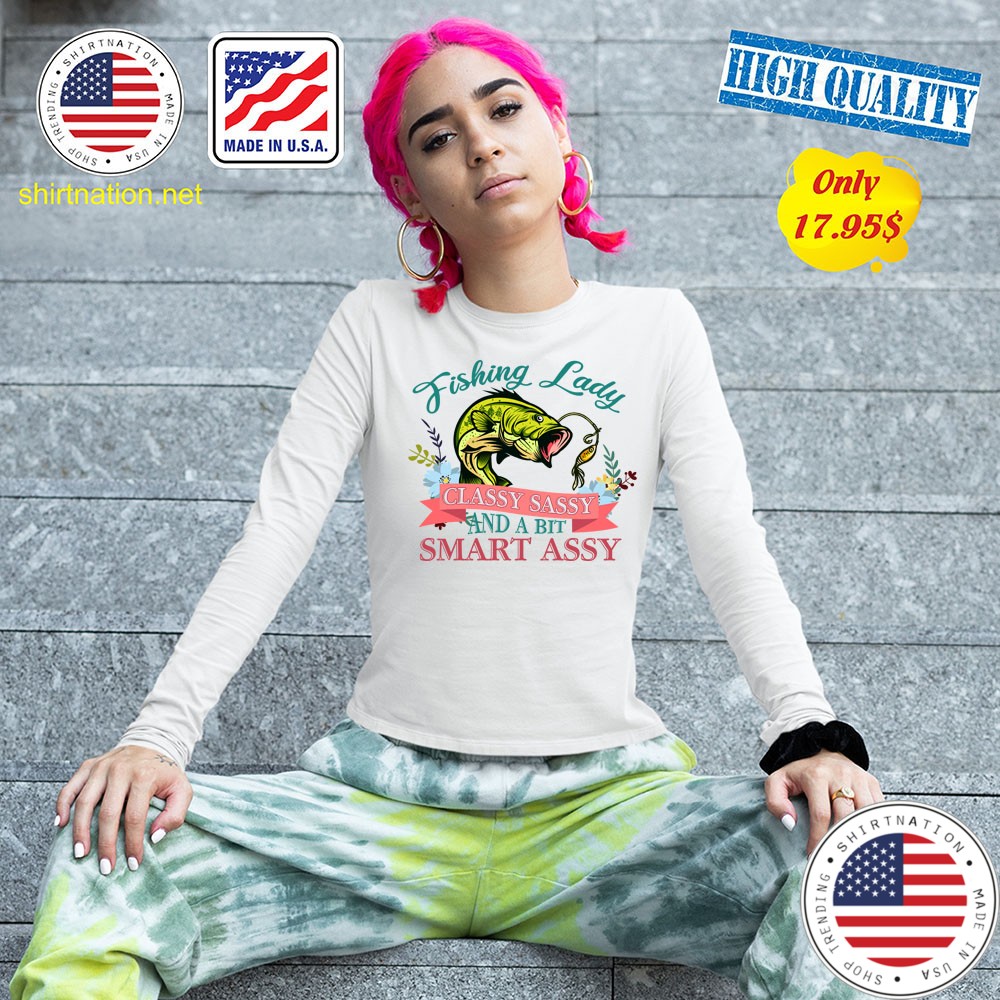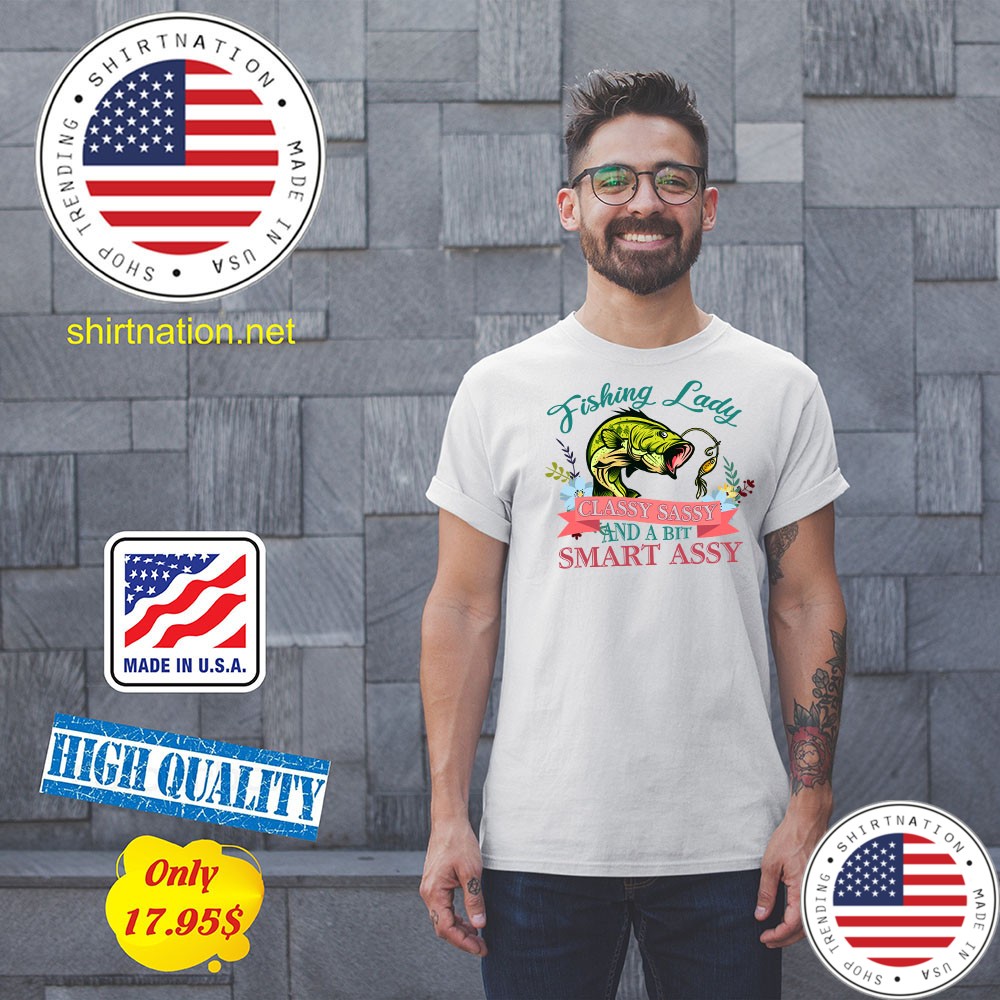Please Dont feed the animals Shirt
A century later academic historians began documenting many of the same animals—and their owners—to explain and contextualize that culture of “improvement.” Margaret Derry’s books on historical horse and cattle breeding in North America explained breeding as the result of an urge to manage and control nature in a market economy. For the English case, in The Platypus and the Mermaid (1998) Harriet Ritvo, a historian of science, demonstrated that nineteenth-century taxonomy and the scientific acceptance of the concept of species was a project to understand, organize, categorize, and better exploit animalkind and to define English identity in the process. Recently, horses have come to dominate the new histories of North American industrialization such as Clay McShane and Joel Tarr’s Horse in the City (2007) and Ann Greene’s Horses at Work (2008), which emphasize industrialization’s reliance on animals.
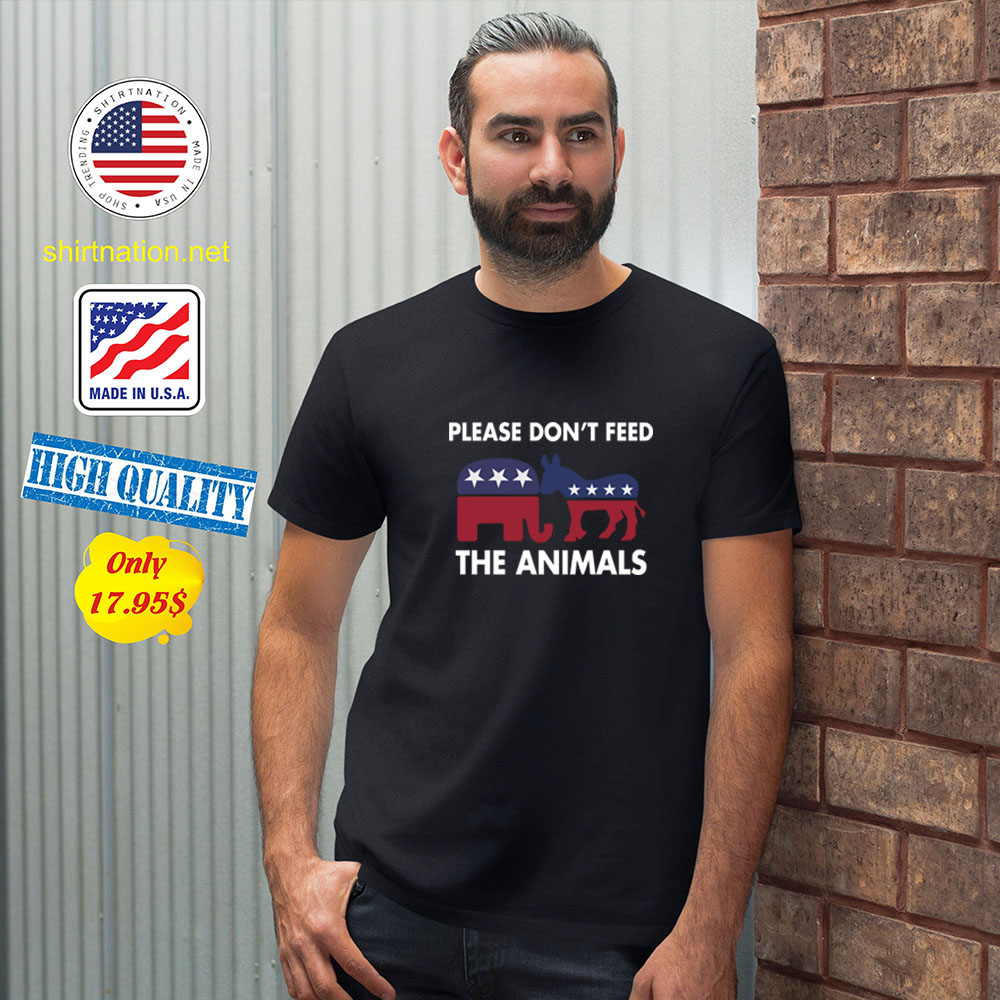
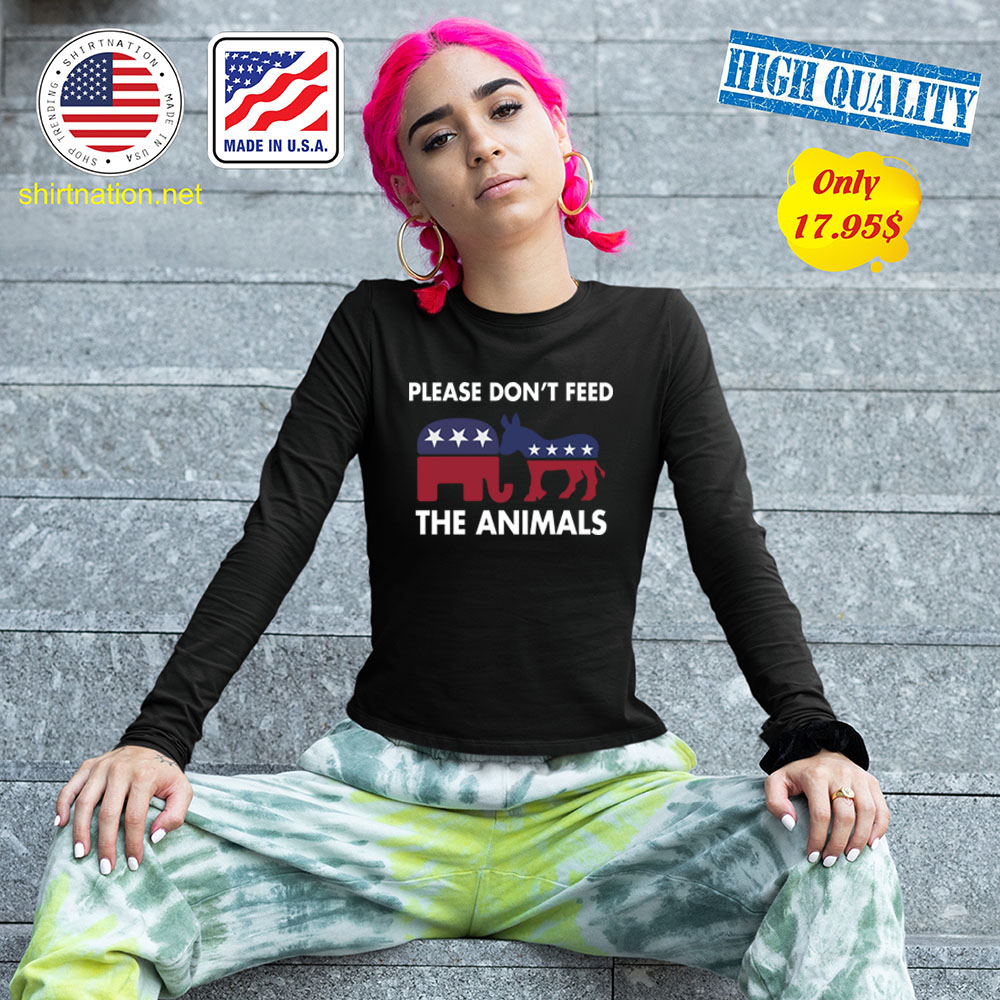
Please Dont feed the animals Shirt
These analyses of human uses of animals helped people think about the history of our ideas about animals. Certainly, the two are interdependent. The classic line from Claude Lévi-Strauss is that animals are “good to think” with. That is, they deserve examination since they are vehicles for human culture and politics. For instance, why did America’s founding fathers find it an insult to be called a “puppy” by a rival? Or consider what it meant to slaves to be equated to “livestock.” Our thinking about animals has defined what it means to be human, and people used ideas about animals to express identities of being a man, woman, wealthy, poor, citizen, slave, child, or of a particular ethnicity or region.
